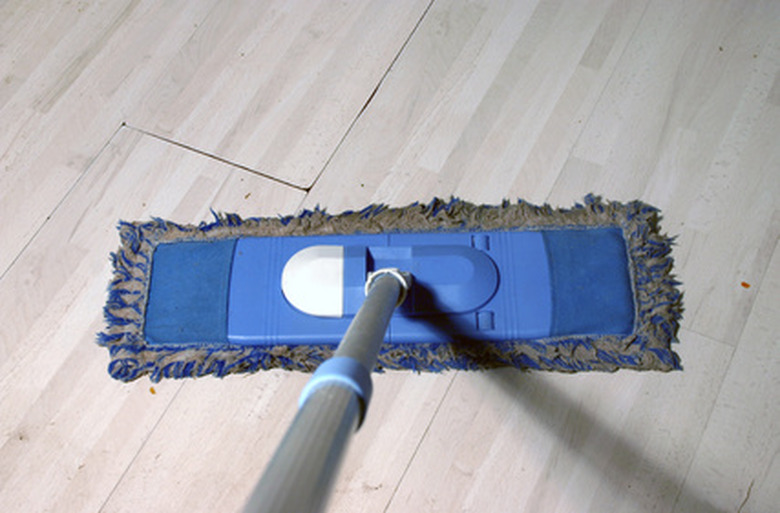Does Bleach Kill Flea Eggs?
Just when you think you've killed the last flea in your home, a brand new batch may hatch. And that can lead to a new infestation in your pet, requiring treatment. Ending the flea cycle means not just killing fleas in your environment, but also their eggs. Bleach can help you get the job done efficiently.
Problem
Problem
Fleas don't stay on your cat or dog very long. They jump off and find warm, moist and dark areas to lay their eggs. When those eggs hatch, they can re-infest your dog and multiply around your home, so that both you and your pet are being constantly bitten by fleas. Unfortunately, flea eggs are unharmed by most household cleaning products, notes the Vet Info website, but they are killed by bleach.
Areas
Areas
Flea eggs can be present anywhere in your home where your pet spends time. This can include your bed, couches and floors, as well as its pet crate and carrier.
Usage
Usage
Clean nonporous surfaces, such as your floors and the surface of your pet carrier or crate, with a half-and-half solution of bleach and water. You can apply the solution with a paper towel, a cleaning rag or spray bottle. Wipe after applying and allow the area to air dry. Fabrics can be thrown into the washer, using bleach instead of your regular detergent. Your bottle of bleach will have instructions as to how much to use depending on the size of your load. Protect your colored fabrics by using color-safe bleach instead of regular bleach.
Safety
Safety
Bleach can be harmful to your pet. If ingested, it can poison your pet, just as it can a small child. Thus, keep them away from areas where you are using bleach to clean flea eggs. The Vet Info website also recommends keeping pets away from these areas for at least three hours after bleach has been applied to ensure it does not end up on their paws. Pets may lick their paws and ingest the bleach in that manner.
